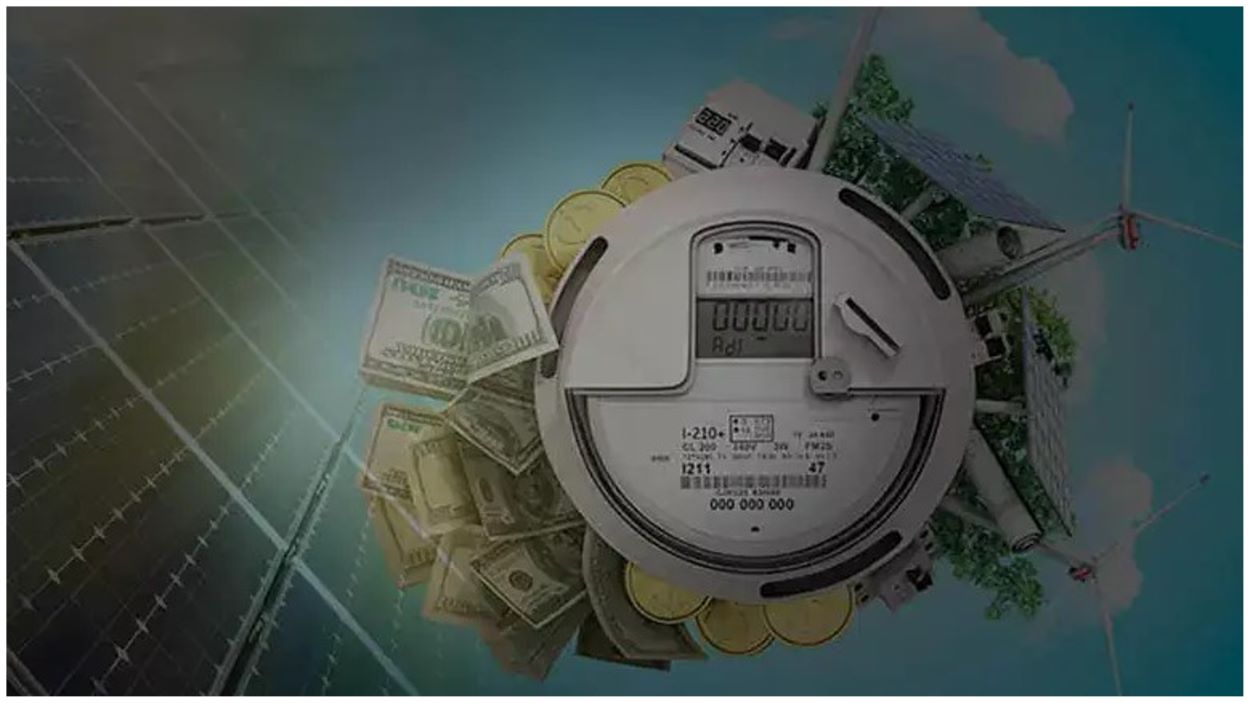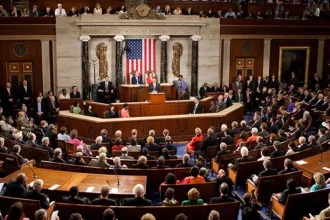Revelations have surfaced regarding the involvement of Ministry of Energy officials in perpetuating the dominance of Independent Power Producers (IPPs) in Pakistan’s energy market.
Sources suggest that these officials are promoting the Net Metering policy to uphold the supremacy of power distribution companies allied with the ministry, thereby safeguarding IPP interests. Under this arrangement, IPPs levy a capacity payment of PKR 2.8 per unit from consumers, irrespective of actual electricity production.
Insider sources also reveal that the strategy primarily aims to protect IPPs, ensuring they continue to garner significant revenue from the nation’s economically vulnerable populations for capacity, even when no electricity is generated. Reportedly, some IPPs, despite not producing electricity, are compensated PKR 18 per unit by consumers for their nominal capacity.
In contrast, the net metering policy has been a silver lining. It promotes a more sustainable environmental framework by allowing consumers to regulate their energy use through renewable systems. This initiative has helped mitigate rising utility expenses and supported the transition towards a greener energy infrastructure.
Experts advocate for bolstering the net metering policy, arguing that enhancements in fundamental energy infrastructure could spur economic growth. Transitioning to green energy solutions is anticipated to reduce import bills, ease pressure on the currency exchange rate, and supply industries with competitively priced electricity. However, governmental manipulation of net metering schemes remains a critical concern. It risks imposing the financial burden of energy storage on consumers and might encourage them to disconnect from the grid entirely, thereby stalling the adoption of green energy technologies.






